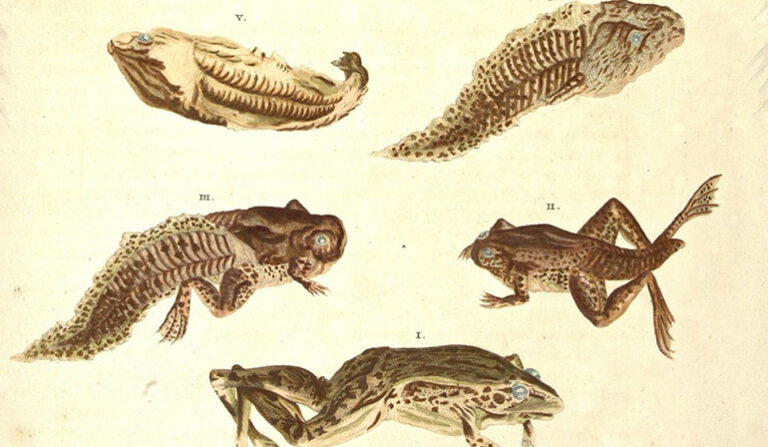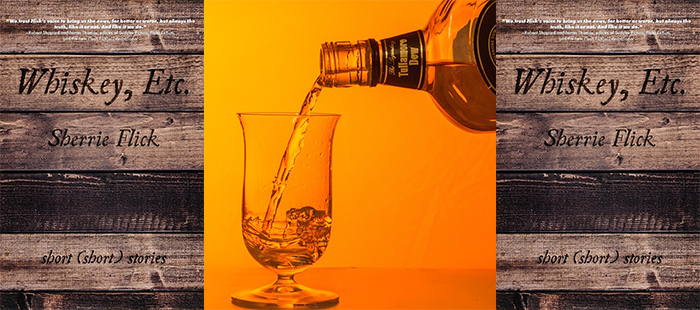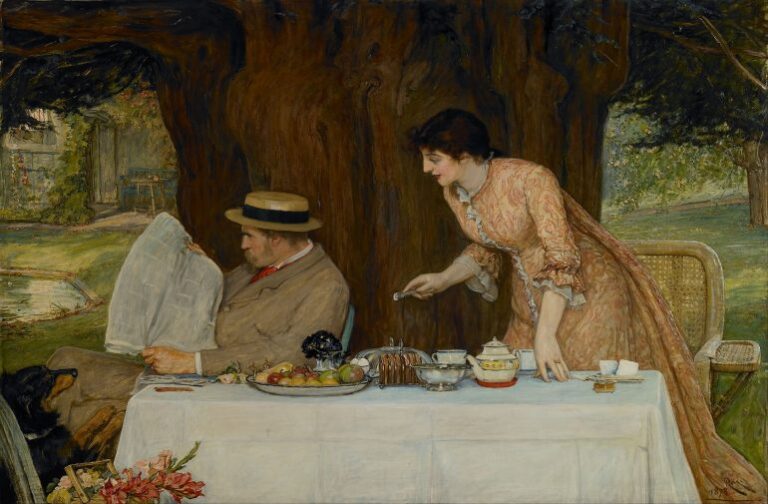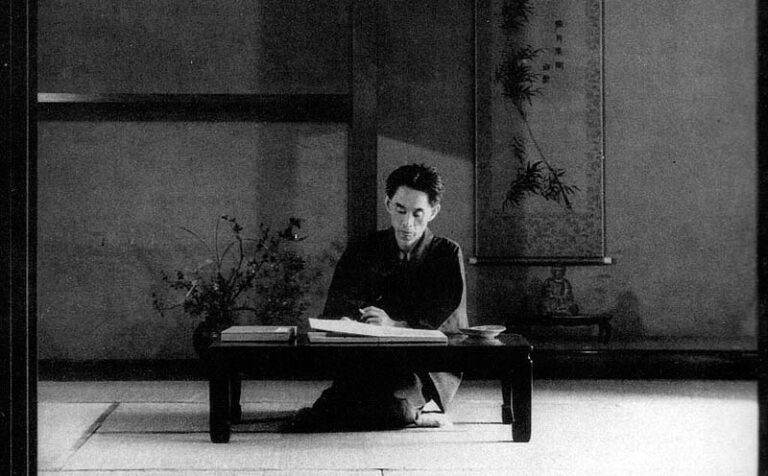Lydia Davis’s “Ethics” and the Instability of Logic
The short stories of Lydia Davis, in spite of their infamous brevity, often work on at least three levels. In the case of “Ethics,” a paragraph-long fiction that humorously interrogates the Golden Rule, the story works as a character study, a reductio ad absurdum argument, and a larger philosophical questioning.






